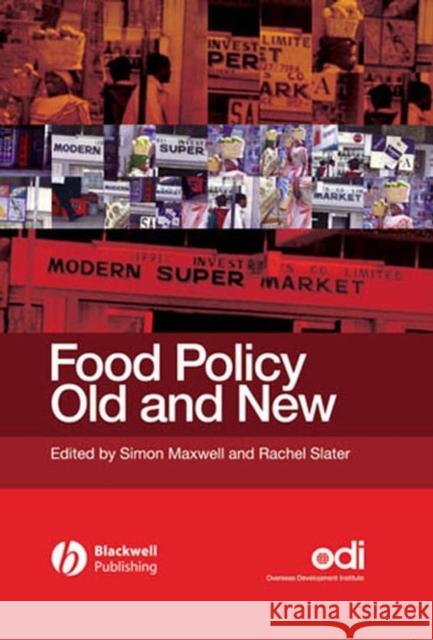Food Policy Old and New » książka
topmenu
Food Policy Old and New
ISBN-13: 9781405126021 / Angielski / Miękka / 2004 / 208 str.
This book demonstrates the need for a new food policy to address the challenges for the global food system posed by globalisation, urbanisation, technical change and industrialisation.
- A collection of papers demonstrating the need for a new food policy.
- Looks at the challenges for the global food system posed by globalisation, urbanisation, technical change, and industrialisation.
- Suggests that food policy now needs to encompass issues such as obesity, food safety, and competition policy in the retail sector.
- Warns that meeting these challenges needs to be on the agenda of policy makers throughout the world.
- Written by experts from Denmark, Italy, the UK and the US.
- Features a table summarising old and new food policy.
- Draws on new research data.











